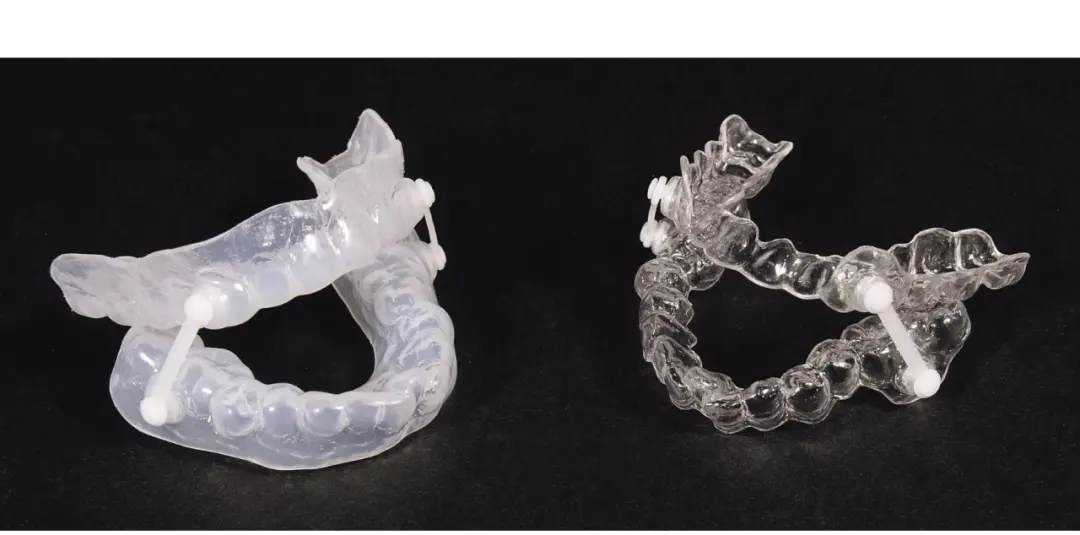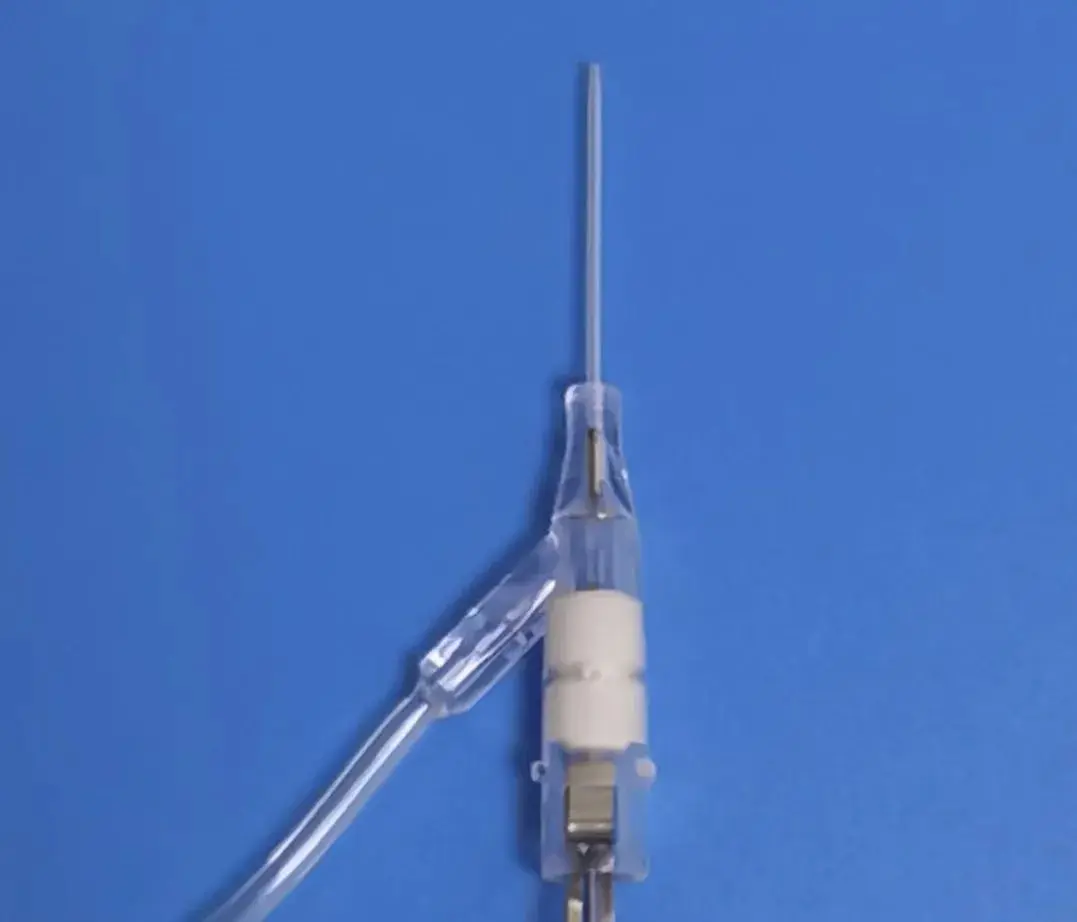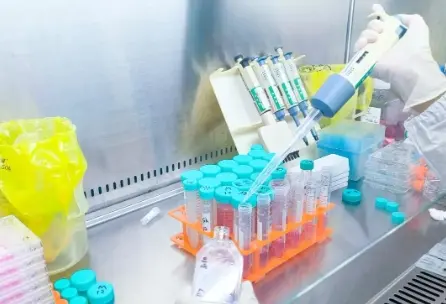
Documents Needed for Lithium Battery CE Certification?
Lithium batteries have a wide range of applications, including mobile phones, vehicles, and other fields, demonstrating their superiority. This has led to an increasing number of products with lithium batteries, or lithium batteries themselves, entering the EU market.

For lithium battery CE certification, the EU adopts the standards of the International Electrotechnical Commission (IEC). On February 7, 2017, the IEC updated and revised the existing IEC 62133:2012, resulting in the new standards IEC 62133-1:2017 and IEC 62133-2:2017, with IEC 62133-2:2017 specifically addressing lithium batteries.
Today, let's take a detailed look at the requirements for applying for CE certification under the IEC 62133-2:2017 standard for lithium batteries.
Required Documents for Lithium Battery CE Certification (EN 62133-2:2017 Standard):
1. Application form with completed relevant information;
2. Specification sheet for the battery and cells, including circuit diagrams, schematics, dimensions of the battery and cells, and packaging and transportation diagrams;
3. Specifications for IC and MOS;
4. ISO certificate;
5. List of key components.
Samples Required for Lithium Battery CE Certification (EN 62133-2:2017 Standard):
55 cells + 22 batteries
Timeframe for Lithium Battery CE Certification (EN 62133-2:2017 Standard):
2 weeks (the exact timeframe depends on the specific product evaluation)
Why Choose China JJR Laboratory for Battery Testing and Certification?
China JJR Laboratory strictly adheres to the ISO/IEC 17025 quality management system for quality control, and it can independently conduct battery CE certification and testing services. The experienced battery CE certification team provides one-on-one service throughout the process, significantly improving the certification timeline and approval rate, with quick issuance of certificates.
Email:hello@jjrlab.com
Write your message here and send it to us
 Toothbrush FDA Certification Testing
Toothbrush FDA Certification Testing
 Snoring Device FDA 510k Standard Testing
Snoring Device FDA 510k Standard Testing
 Single Use Intravenous Catheter Certification Test
Single Use Intravenous Catheter Certification Test
 Silicone Material Product Compliance Certification
Silicone Material Product Compliance Certification
 What to Do If Cytotoxicity Test Results Are Positi
What to Do If Cytotoxicity Test Results Are Positi
 ISO 10993:5 Cytotoxicity Testing Methods
ISO 10993:5 Cytotoxicity Testing Methods
 FDA ISO 10993-1 Biocompatibility Evaluation Guidel
FDA ISO 10993-1 Biocompatibility Evaluation Guidel
 In Vitro Cytotoxicity Testing for Medical Devices
In Vitro Cytotoxicity Testing for Medical Devices
Leave us a message
24-hour online customer service at any time to respond, so that you worry!




